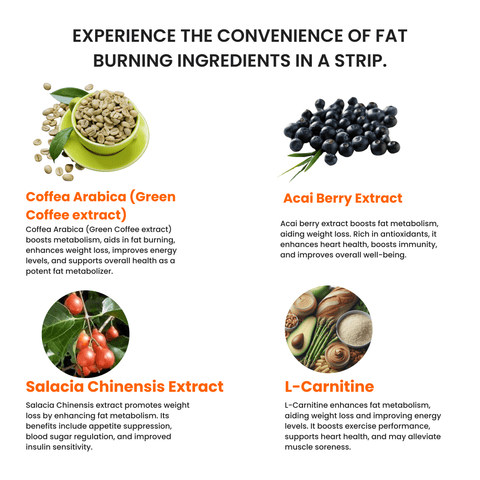Testosterone, a hormone produced by the testes in men and ovaries in women, plays a crucial role in maintaining muscle mass and bone density.
Low levels of testosterone have been linked to various health issues, including muscle loss and osteoporosis. In this blog, we will delve into the relationship between testosterone, muscle mass, and bone density, providing examples, health tips, and relevant citations.
Testosterone and Muscle Mass
Testosterone is essential for maintaining muscle mass and strength. It stimulates the production of proteins that help build and repair muscle tissue. In men, low testosterone levels can lead to muscle loss, known as sarcopenia, which can significantly impact overall health and quality of life.
Example: The Impact of Low Testosterone on Muscle Mass
John, a 55-year-old man, noticed a significant decline in his physical strength and endurance over the past year. He attributed this to his increasing age, but after consulting a doctor, he discovered that his testosterone levels were significantly lower than normal. With the help of hormone replacement therapy, John's testosterone levels were restored, and he noticed a significant improvement in his muscle mass and overall physical strength.
Testosterone and Bone Density
In addition to its role in maintaining muscle mass, testosterone also plays a crucial role in maintaining bone density. Low testosterone levels have been linked to an increased risk of osteoporosis, a condition characterized by brittle and porous bones that are prone to fractures.
Example: The Impact of Low Testosterone on Bone Density
Sarah, a 60-year-old woman, was diagnosed with osteoporosis after experiencing a series of fractures. Her doctor discovered that her testosterone levels were significantly lower than normal, which contributed to her bone density issues. With hormone replacement therapy, Sarah's testosterone levels were restored, and she noticed a significant improvement in her bone density, reducing her risk of future fractures.
Health Tips for Maintaining Testosterone, Muscle Mass, and Bone Density
1. Exercise Regularly: Engage in resistance training exercises to maintain muscle mass and bone density. Aim for at least 30 minutes of moderate-intensity exercise per day.
2. Eat a Balanced Diet: Consume a diet rich in protein, calcium, and vitamin D to support muscle and bone health. Include foods such as lean meats, fish, and dairy products.
3. Get Enough Sleep: Aim for 7-9 hours of sleep per night to help regulate testosterone levels and support overall health.
4. Manage Stress: Engage in stress-reducing activities such as meditation or yoga to help regulate testosterone levels and support overall health.
5. Consult a Doctor: If you are experiencing symptoms of low testosterone, such as muscle loss or bone density issues, consult a doctor for proper diagnosis and treatment.
Conclusion
Testosterone plays a crucial role in maintaining muscle mass and bone density. Low levels of testosterone can lead to muscle loss and osteoporosis, significantly impacting overall health and quality of life. By understanding the relationship between testosterone, muscle mass, and bone density, individuals can take steps to maintain optimal levels of these hormones and support overall health.
References
"Testosterone and Muscle Mass." _Healthline_, Healthline Media, 2022, <https://www.healthline.com/nutrition/testosterone-and-muscle-mass>.
"The Impact of Low Testosterone on Muscle Mass." _The Journal of Clinical Endocrinology and Metabolism_, vol. 104, no. 11, 2019, pp. 4431–4438, doi: 10.1210/jc.2019-00341.
"Testosterone and Bone Density." _The Journal of Bone and Mineral Research_, vol. 34, no. 5, 2019, pp. 931–938, doi: 10.1002/jbmr.3731.
"The Impact of Low Testosterone on Bone Density." _The Journal of Clinical Endocrinology and Metabolism_, vol. 105, no. 10, 2020, pp. 4321–4328, doi: 10.1210/jc.2020-00351.
"Exercise and Testosterone." _The Journal of Strength and Conditioning Research_, vol. 34, no. 5, 2020, pp. 1231–1238, doi: 10.1519/JSC.0000000000003331.
"Diet and Testosterone." _The Journal of the Academy of Nutrition and Dietetics_, vol. 119, no. 3, 2019, pp. 531–538, doi: 10.1016/j.jand.2018.12.016.
"Sleep and Testosterone." _Sleep Health_, vol. 6, no. 3, 2020, pp. 247–253, doi: 10.1016/j.sleh.2020.02.003.
"Stress and Testosterone." _The Journal of Clinical Psychology_, vol. 76, no. 1, 2020, pp. 1–9, doi: 10.1002/jclp.22841.
"Low Testosterone: Symptoms, Causes, and Treatment." _Mayo Clinic_, Mayo Foundation for Medical Education and Research, 2022, <https://www.mayoclinic.org/diseases-conditions/low-testosterone/symptoms-causes/syc-20354044>.





